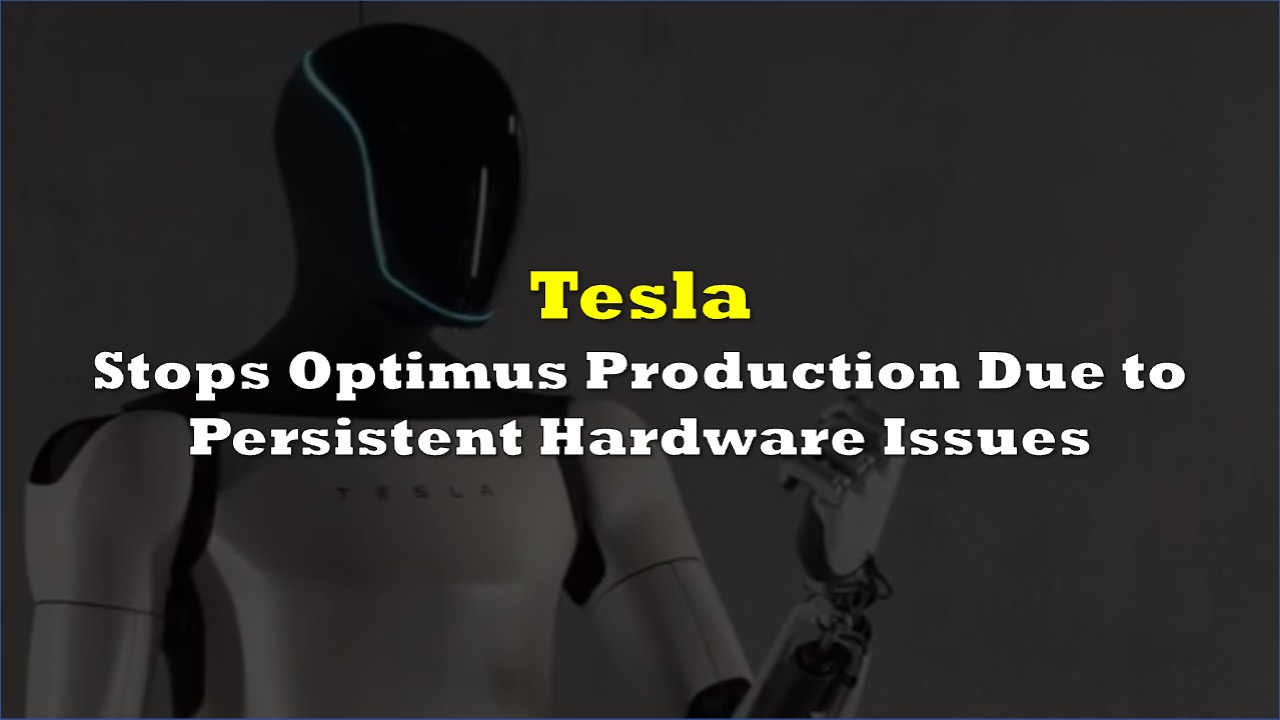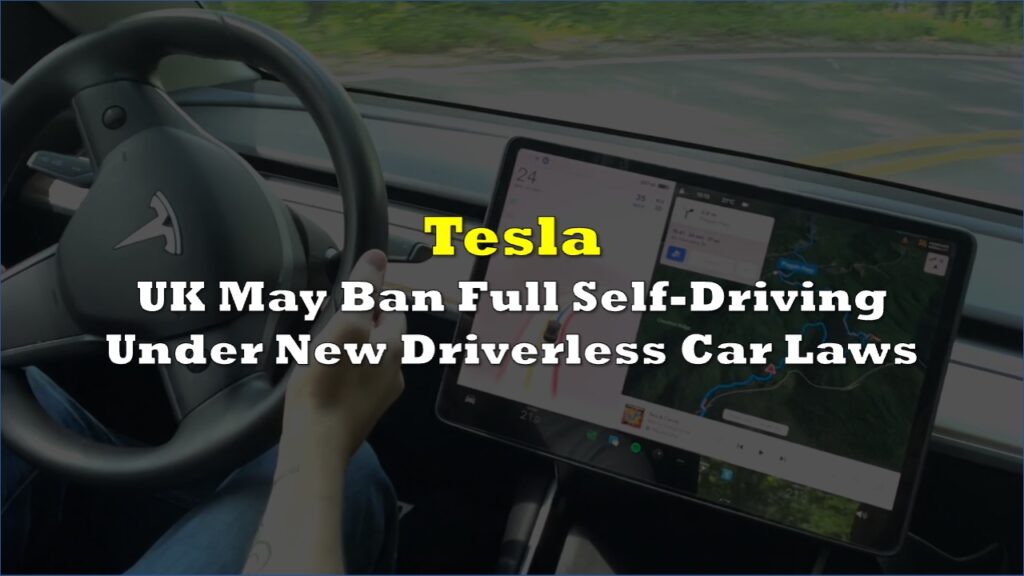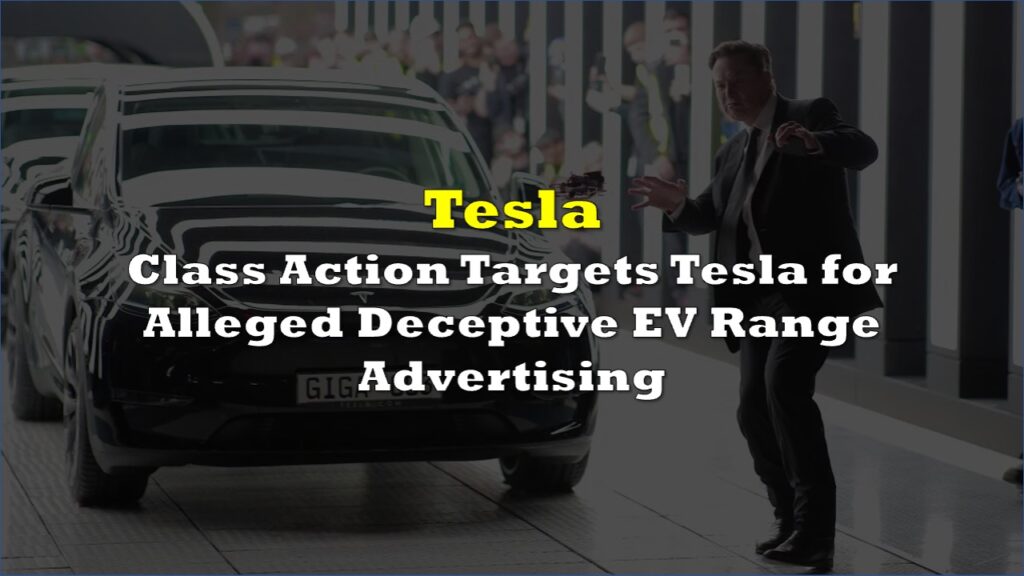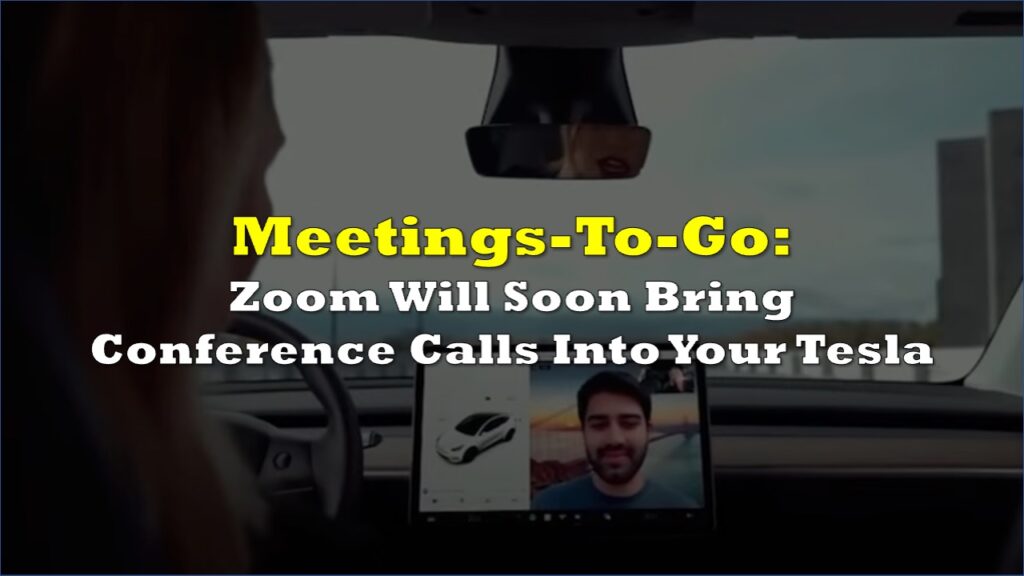Tesla (Nasdaq: TSLA) has halted production of its Optimus humanoid robot after persistent hardware failures derailed CEO Elon Musk’s plan to build thousands of units this year, according to AInvest.
The carmaker halted parts procurement roughly two weeks ago after engineers identified critical technical issue, including overheating joint motors, limited battery life, and transmission component failures, supply chain sources told AInvest.
The Information later corroborated the report and said that the company expects design revisions to take approximately two months.
BREAKING: $tsla Reportedly Halts Optimus Production
— squawksquare (@squawksquare) July 8, 2025
If this is true, we're fuked. Then Tesla isn't a robotics company or a car company. Just a political trash talking platform run by a Ketamine addict. 🤣https://t.co/rqIZOvBXlc
Milan Kovac’s departure from Tesla preceded the production halt. Kovac, the recently promoted senior vice president who led the Optimus program — also a nine-year Tesla veteran who previously headed the company’s Autopilot software development — left last month, citing family reasons.
Tesla has since assigned Ashok Elluswamy, the company’s AI software vice president, to lead the program.
Musk had set a goal to produce 5,000 to 10,000 Optimus robots in 2025, positioning the humanoid robot as a cornerstone of Tesla’s future growth. The CEO has claimed the robot could generate $10 trillion in annual revenue and transform Tesla into a $25 trillion company.
Related: Elon Musk Finally Debuts ‘Optimus’ Humanoid Robot — But Will He Deliver?
However, Tesla’s current Optimus units at company facilities perform below expectations. Tesla currently restricts the robots to moving batteries in workshop settings, where they achieve productivity that significantly lags behind human workers, according to reports.
Tesla had acquired enough parts for more than 1,000 robots and assembled nearly 1,000 units by May, but the production pause makes the year-end delivery target increasingly unlikely.
The latest generation features improved articulated hands with 22 degrees of freedom, but the robots still require human assistance for complex tasks, mirroring challenges that Tesla’s self-driving vehicle technology faces.
Tesla’s humanoid robot program competes with companies including Boston Dynamics, Figure, and China’s Unitree, which has already begun selling humanoid robots commercially.
Information for this story was found via the sources and companies mentioned. The author has no securities or affiliations related to the organizations discussed. Not a recommendation to buy or sell. Always do additional research and consult a professional before purchasing a security. The author holds no licenses.









